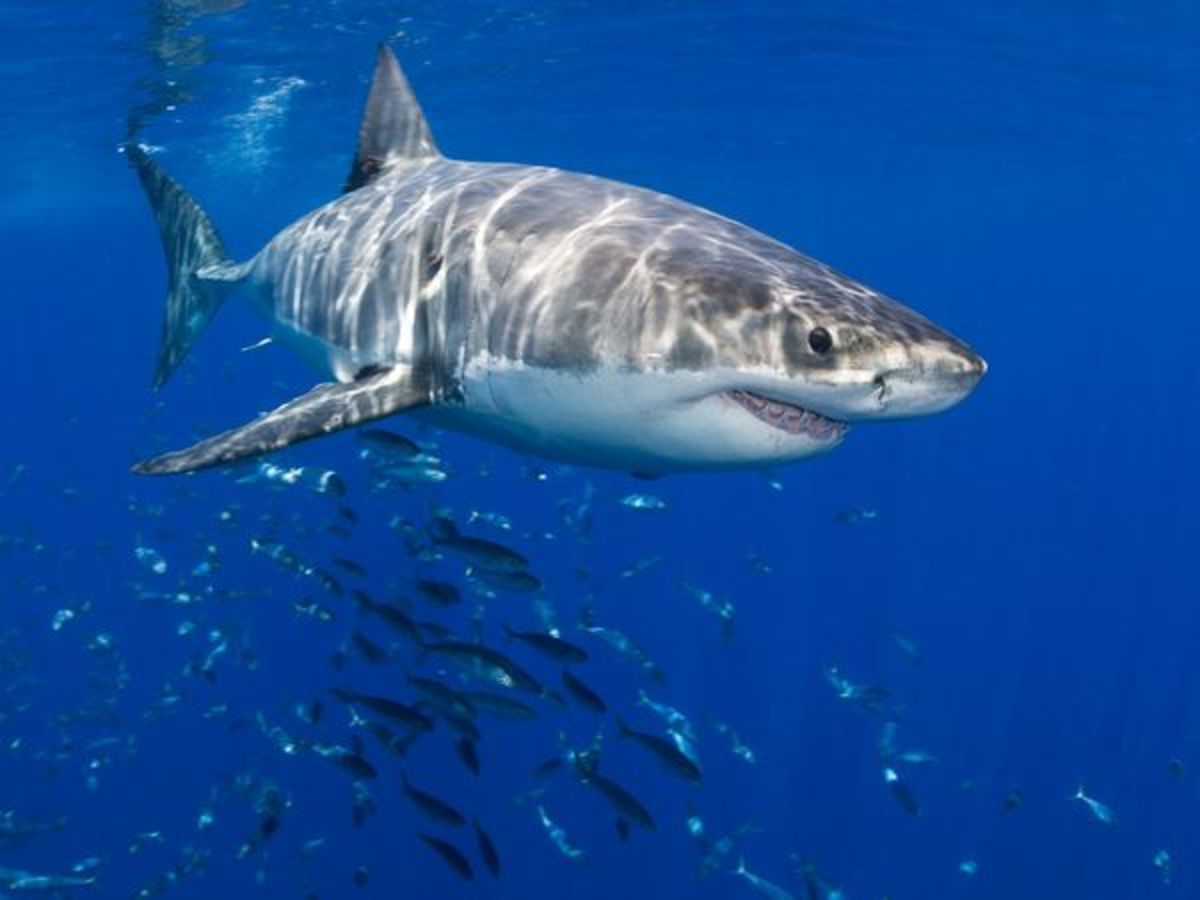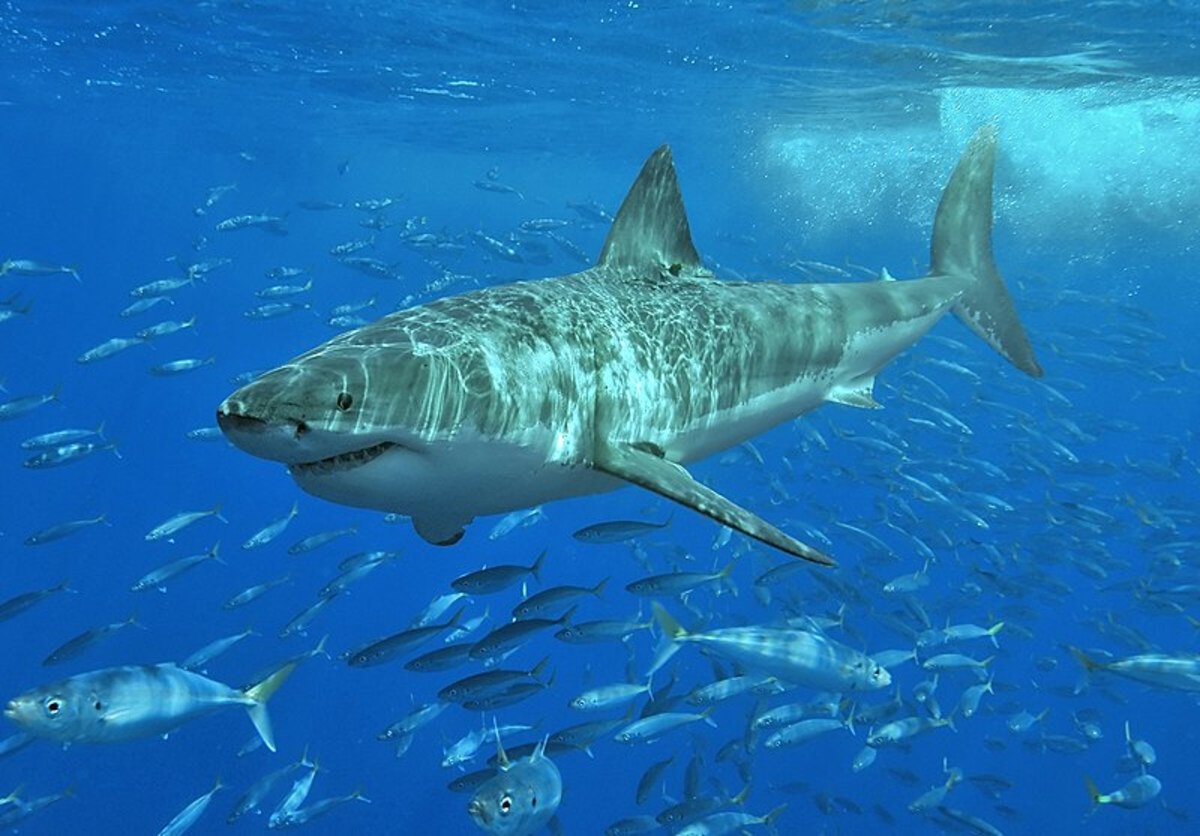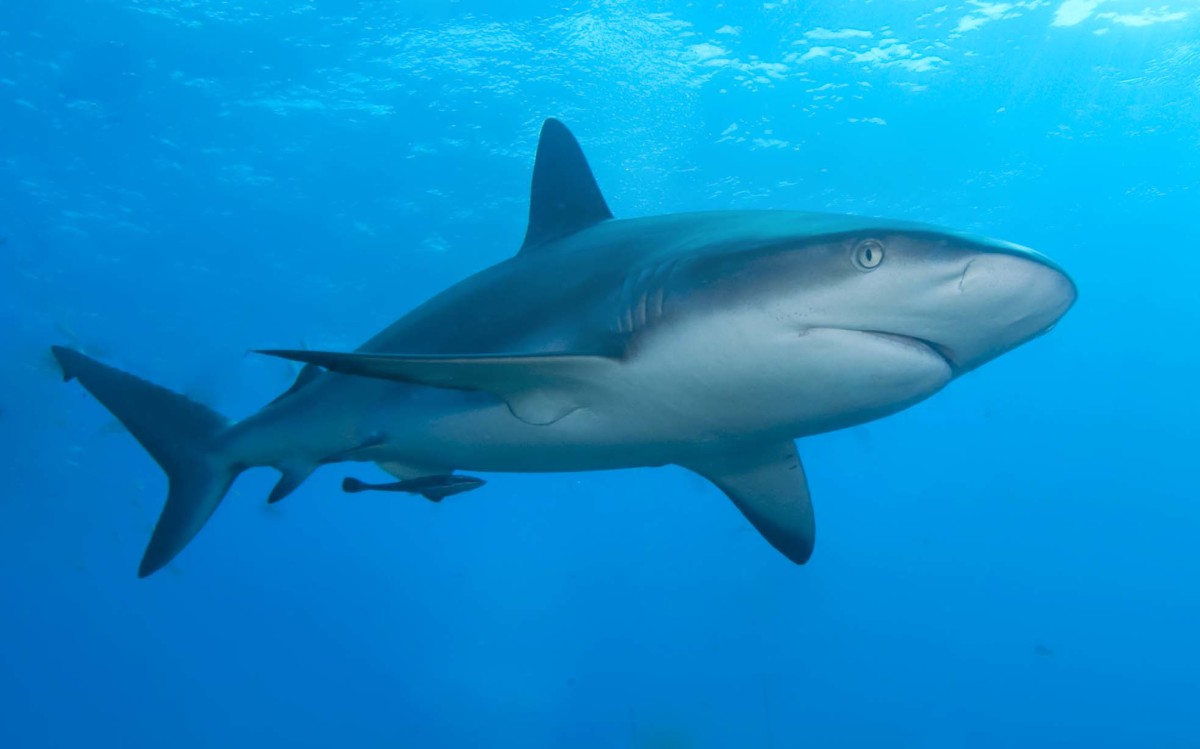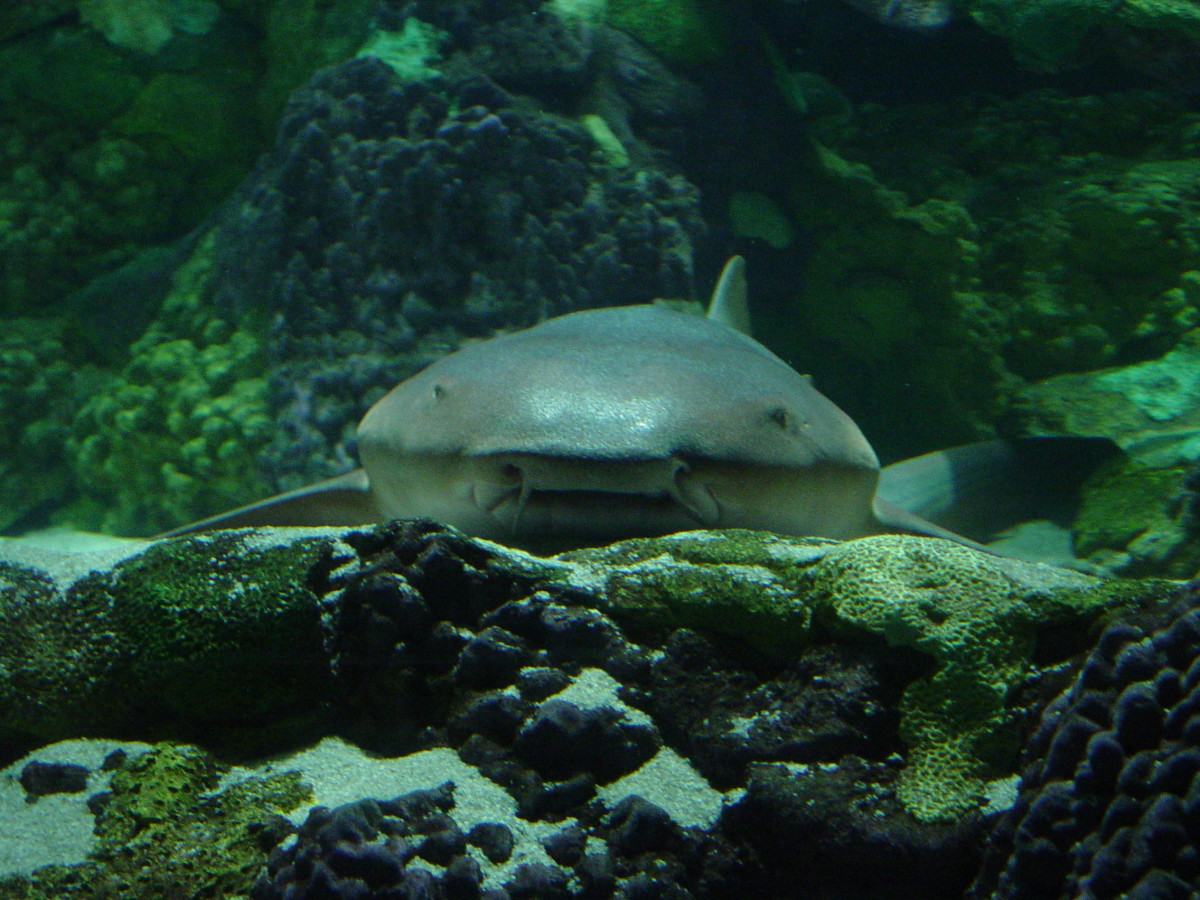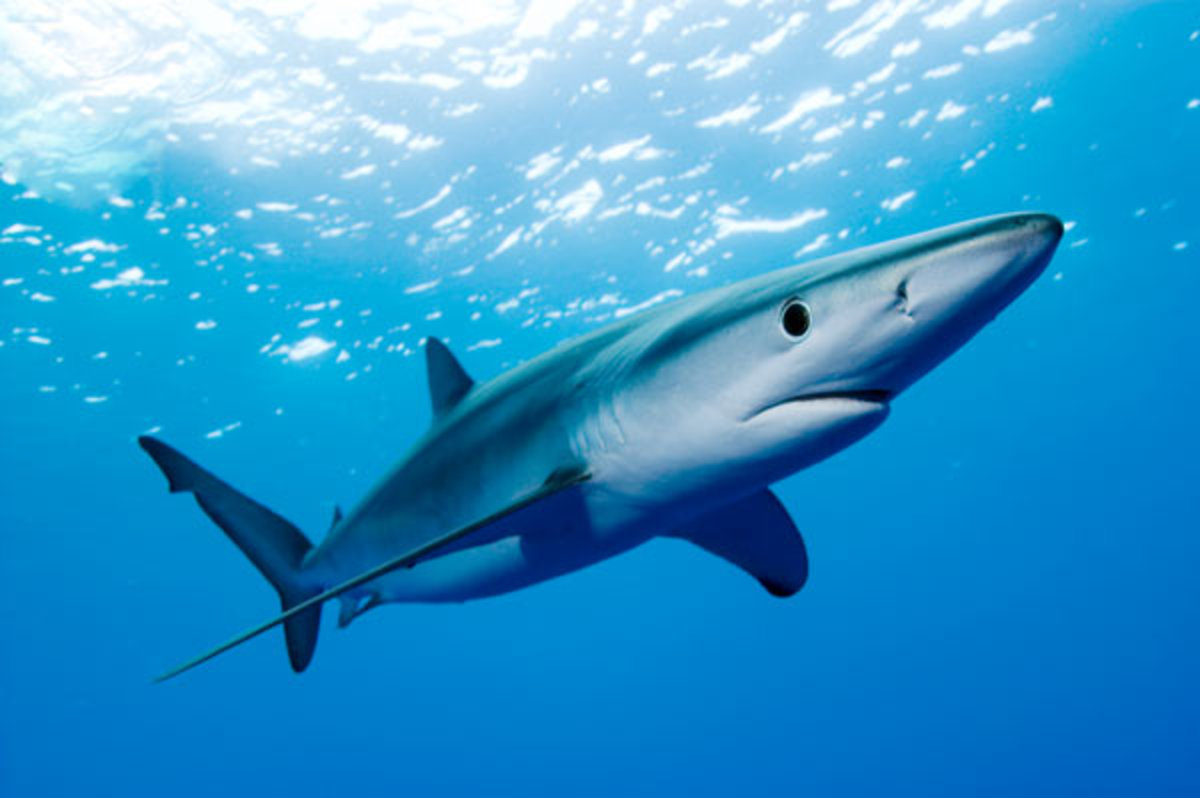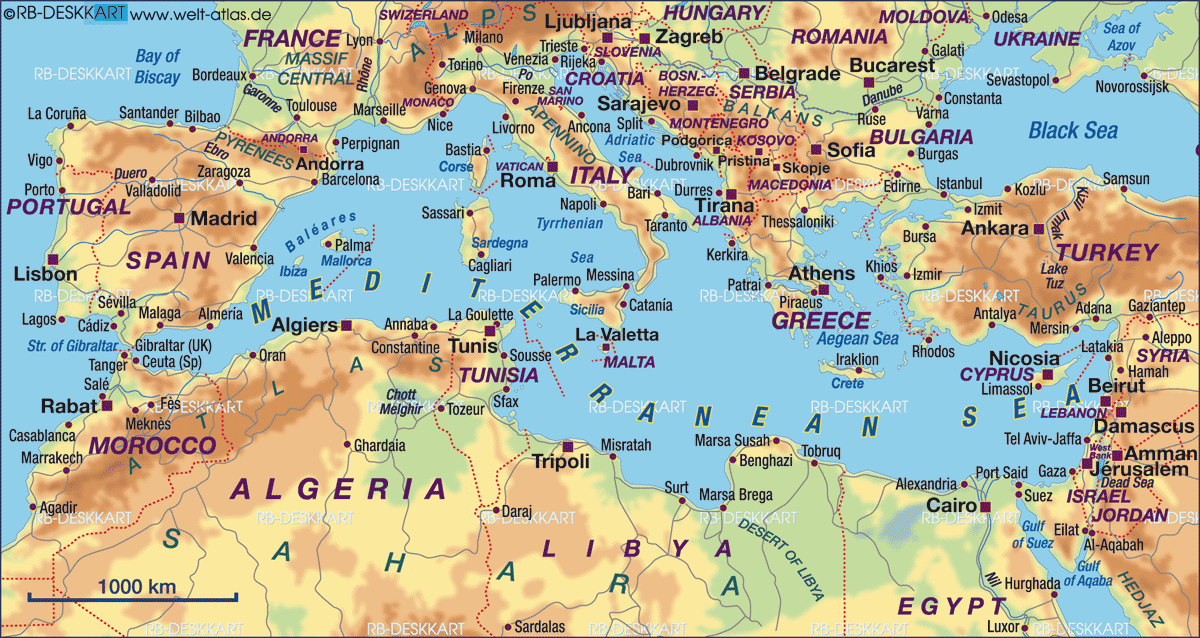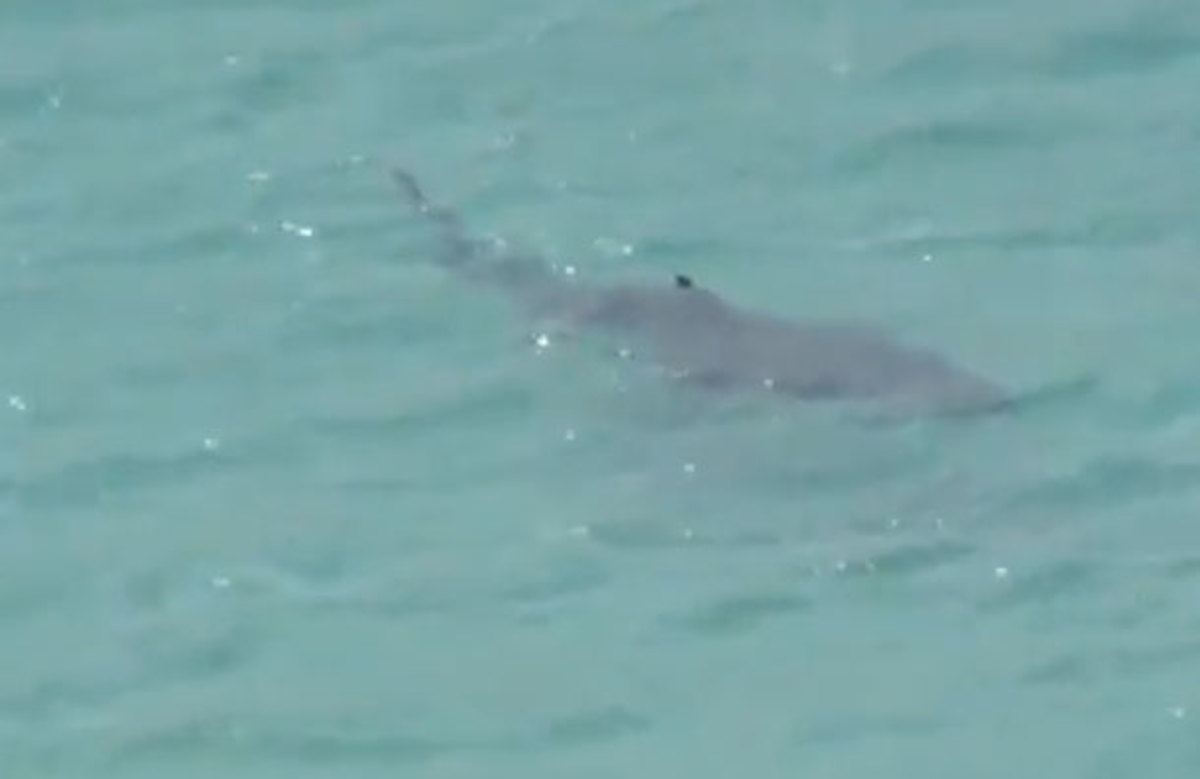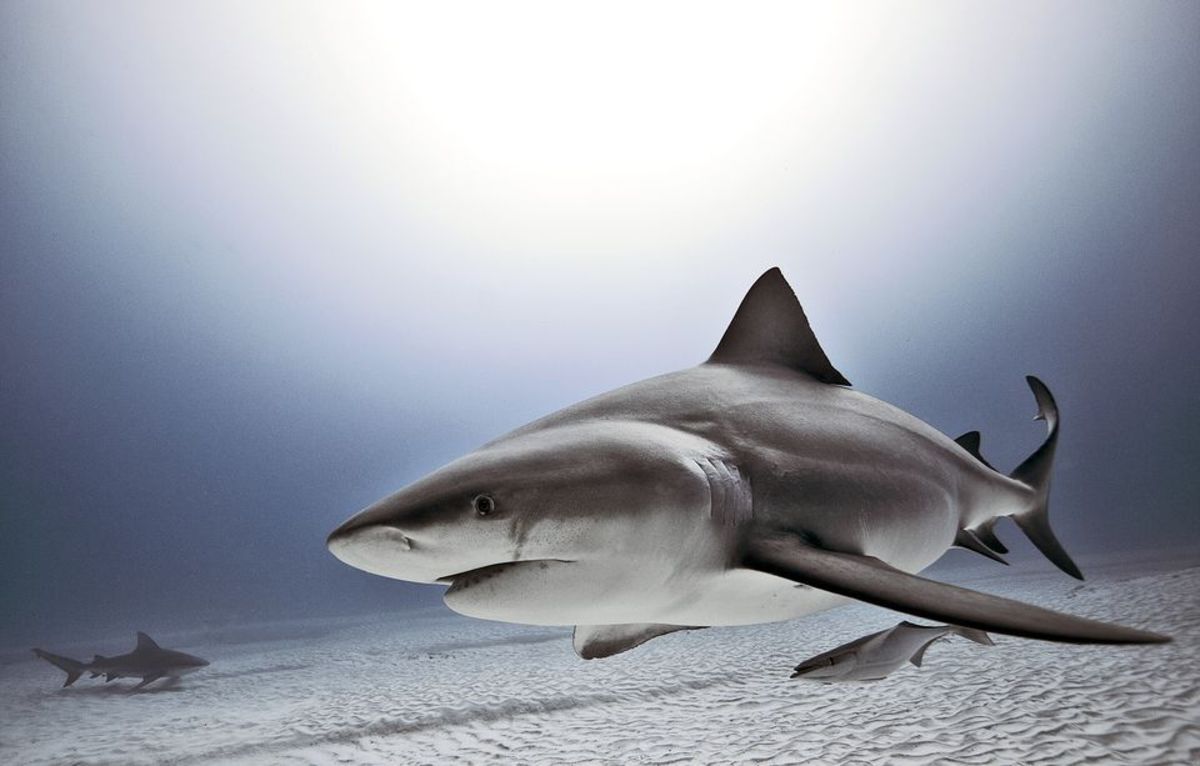- HubPages»
- Education and Science»
- Life Sciences»
- Marine Biology»
- Marine Life
Save the Sharks?
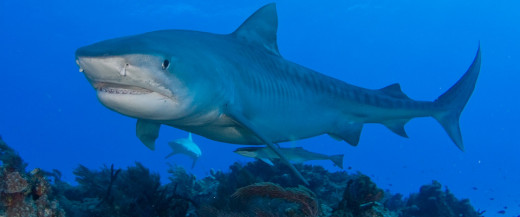
“Save the Whales”. Ok I get that one. Whales are intelligent and fascinating beings. “Save the Pandas”. Why not? Pandas are cute and fuzzy and look like you could cuddle right up with them (although I might not recommend it). “Save the Earth”, of course we all want that but wait a minute, “Save the Sharks”? Sharks aren’t fuzzy or cute and most conservation organizations aren’t even so inclined as to send you a stuffed replica of one! So what’s all this fuss about saving the sharks?
I don’t know about you but I grew up fearing sharks. I mean white hot terror at the thought of those great mammoths rising up out of an endless ocean. I grew up in the age of the classic movie “JAWS” about an enormous Great White Shark that wreaked terror and havoc on an unsuspecting coastal community. Those of you who are old enough to remember are hearing the musical score in your heads right now I know. You know the one that played right before the great white shark swam up from the deep to attack the unsuspecting swimmer and bite Roy Scheider’s boat in half.
In honor of Discovery Channel’s 25th year of “Shark Week” I decided to dedicate a Hub to these mysterious, maligned and misunderstood creatures and hopefully open a few minds in the process.
Whale Shark

Some Interesting Facts
There are a few facts that I find interesting about sharks, that you may not be aware of. For instance did you know that there are over 400 species of sharks worldwide? Well, there are. Of those, only 39 are known to grow longer than 10 feet. Another 179 don’t get beyond 39 inches.
The Great White Shark is certainly the most well-known although not the largest as a species. The largest species of shark is the Whale Shark that can grow to 20 feet. The fastest shark is the Shortfin Mako Shark that has been clocked at speeds of up to 20mph.
Sharks are one of the oldest species on the planet, much older than you and I. Modern humans are all of about 200,000 years old. While that may seem pretty old, in “Earth years” we’re babies (some might say we act like it as well). Modern sharks on the other hand, are you ready for this….34,000,000 years old. That’s right 34 million years. All I can say to that is “wow!”
Evolutionary Adaptations
As I mentioned already, our modern sharks are 34 million years old but their prehistoric ancestors were swimming the world’s oceans 450 million years ago. Sharks have some amazing adaptations that have allowed them to be one of the most successful predators on the planet. So successful in fact, that they’ve survived every one of the five mass extinctions.
One of those survival adaptations is that sharks have numerous rows of teeth. That’s right “numerous”. The outer rows are functional teeth with several rows of replacement teeth in the ready and new ones forming all the time. Some species of sharks may lose up to 30,000 teeth in a lifetime so having replacement teeth is necessary for their survival.
A shark’s two-tone coloring makes it more difficult to be seen by prey and other predators. Its lighter underbelly camouflages it from below while its darker upper torso makes it more difficult to be seen from above.
A shark’s skin is unique as well. Instead of being smooth, a shark’s skin is made up of individual scales called dermal denticles ribbed with long groves that let the water move over the shark’s skin more efficiently thereby allowing it to move faster without wasting energy. A shark’s skin is also resistant to microbes and organisms that would otherwise make the shark sick thereby adding to the shark’s longevity.
Sharks have sensors in their heads that allows them to sense the minutest of electrical changes in their environment. This allows them to sense when their prey changes direction and also helps the shark to navigate in the ocean and stay on track.
Predators of the Deep
Sharks are like the “wolves of the ocean” and like wolves, sharks are also at the top of the food chain. As such they play an important role in maintaining a healthy environment. Predators are an important part of any healthy ecosystem; woods or waters. Predators “weed out” the weak and sick thereby strengthening species and helping to keep fish diseases from spreading.
An Ocean Without Sharks
While I can hear you groaning now on the case for saving sharks, an ocean without them would be a dismal place indeed. Without sharks, other animals within the food chain become too numerous and affect food sources elsewhere as is the case with gray seal populations along the northeastern coast of the United States. In places like Cape Cod, gray seals are protected and their populations have exploded in those areas making it difficult for many of the local commercial fisherman who depend upon the same fish for their livelihoods.
Many species’ population rates would soar out of control in the face of a world without sharks. Another one of those species is the sting ray whose love of crustaceans such as shrimp and lobsters would also compete with commercial fishermen and throw the ocean ecosystems further out of balance.
As I mentioned before, sharks help to keep many large fish populations in check. In doing so, they allow smaller fish populations to maintain their numbers. Smaller fish are important for their consumption of algae. Too much algae in the ocean causes many problems including the destruction of coral reefs. Therefore, if the large fish populations are allowed to grow out of control, they conversely affect smaller fish populations which then begin to decline. Without the smaller, algae eating fish, already threatened coral reefs would decline even further.
You can see from just these few examples how very vital sharks are to the ecosystems of the world’s oceans.
Hammerhead Shark
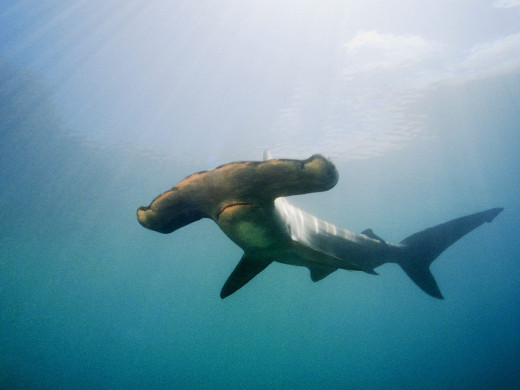
What’s Hurting Shark Populations?
In a word: humans. In a variety of ways, directly and indirectly we are leading to the decline of many species on this planet and unfortunately, sharks have not escape our destructive path either. From the pollution that winds its way into our waterways and then finally into our oceans to our complete annihilation of any species we need for our own selfish desires or those that we seek to destroy out of our own disproportionate fears.
Commercial Fishing
About half of the 73 million sharks killed annually by humans are killed as a by-product of the commercial fishing industry. Oftentimes sharks get caught in nets meant for tuna or other commercial fish species, are suffocated, die and then are tossed back into the ocean. It’s a sad and unnecessary waste.
Affluence
Shark "finning" is a cruel and needless practice whereby a shark is caught, its fin is crudely cut off with the shark then being thrown back into the ocean to die a most certain and slow death. This practice has become routine in Asia where shark fin soup is considered a delicacy. In many countries, such as China and major cities in the U.S., prices for this gruesome delicacy can soar up to $100 a bowl. As people become more and more affluent in developing nations and can afford this non-essential expenditure, more sharks will be killed as the demand continues to rise. Additionally, there will be an even higher price paid for black market shark fins as supplies begin to dwindle.
Fear
Movies like “Jaws” did much to vilify certain shark species creating massive fear bordering on hysteria. The fact is that humans kill somewhere in the vicinity of 73 million sharks a year. At that rate, it’s nearly certain that more than a few shark species will go extinct in our lifetimes. Conversely, only about 7 humans worldwide are killed by shark attacks annually. That’s less people than are killed by dogs or bees. Yet many still hunt sharks for “sport” and out of fear that they will kill or attack humans.
What You Can Do
Many conservation groups, such as Oceana, are working to educate the public. A few such as Sharksavers are dedicated specifically to saving the world’s sharks. Here are a few things you can do to help:
1. Learn the facts vs. the hype.
2. Commit to not eating shark fin soup (or any endangered species).
3. Join conservation groups protecting sharks.
4. Sign a petition.
5. Promote the creation of shark sanctuaries.
6. Make sure you always recycle your plastics so they don’t end up in the ocean.
To learn more check out www.sharksavers.org
Befriending Giants
In Conclusion
Sharks are magnificent and powerful creatures. As with any wild animal they can also be dangerous and we should enter their world only with great awareness and sensible caution. Given all that it doesn’t deny the right of the shark to simply "be". The right to live on this planet. Collectively, humans have a tendency to think in black and white terms. Whatever we deem “bad” we seek to destroy. Sharks aren’t “bad”; they’re just sharks but the ocean clearly needs its sharks. Truly more than it needs humans.

